
A place for stories about chronic illness, disability, mental health, and neurodivergence.
neurodivergence
-
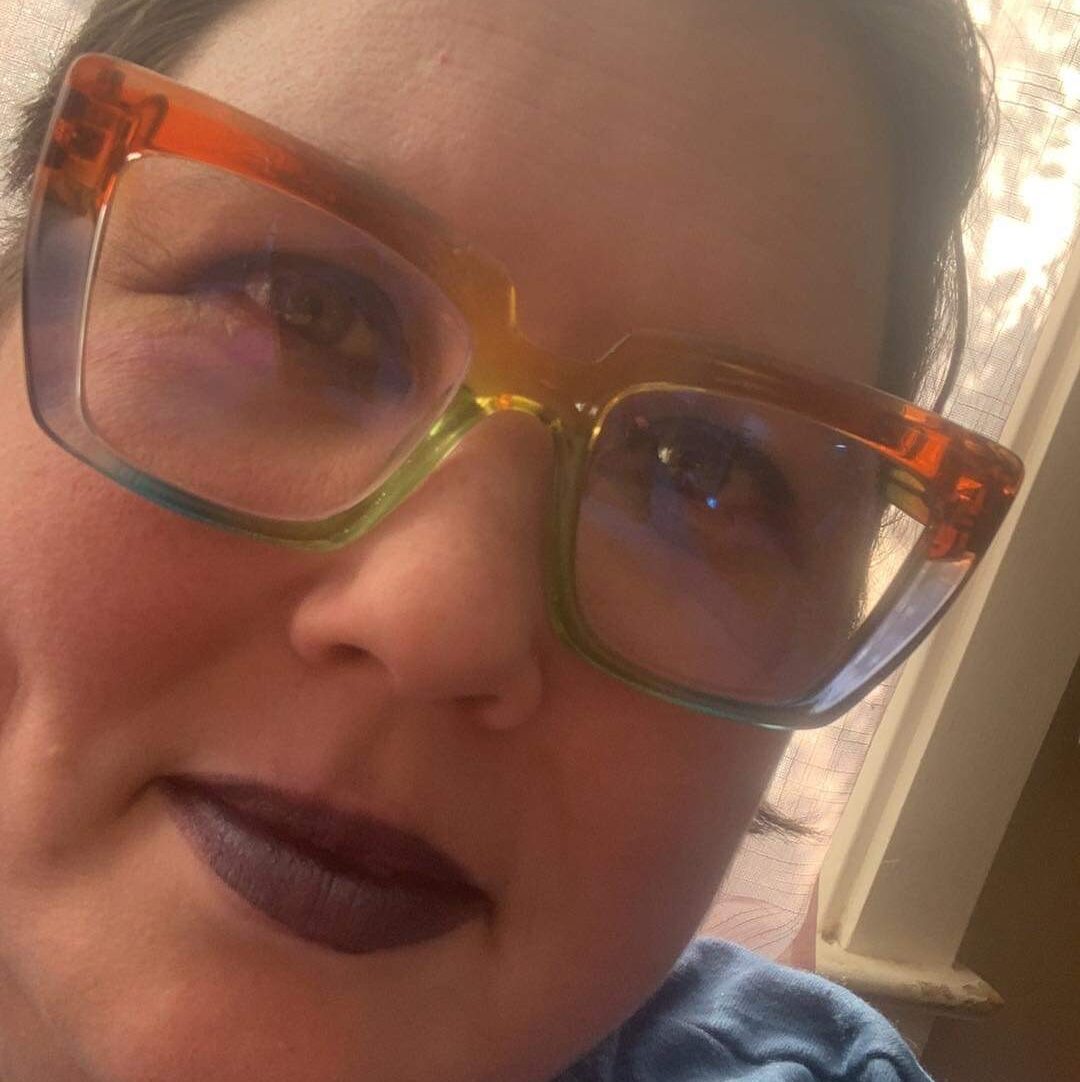 By Elise Scott
By Elise ScottFinding someone with shared experiences is everything. In their new poem, The Apocryphal Horseman, Elise Scott writes about their relationship with their friend, April.
-
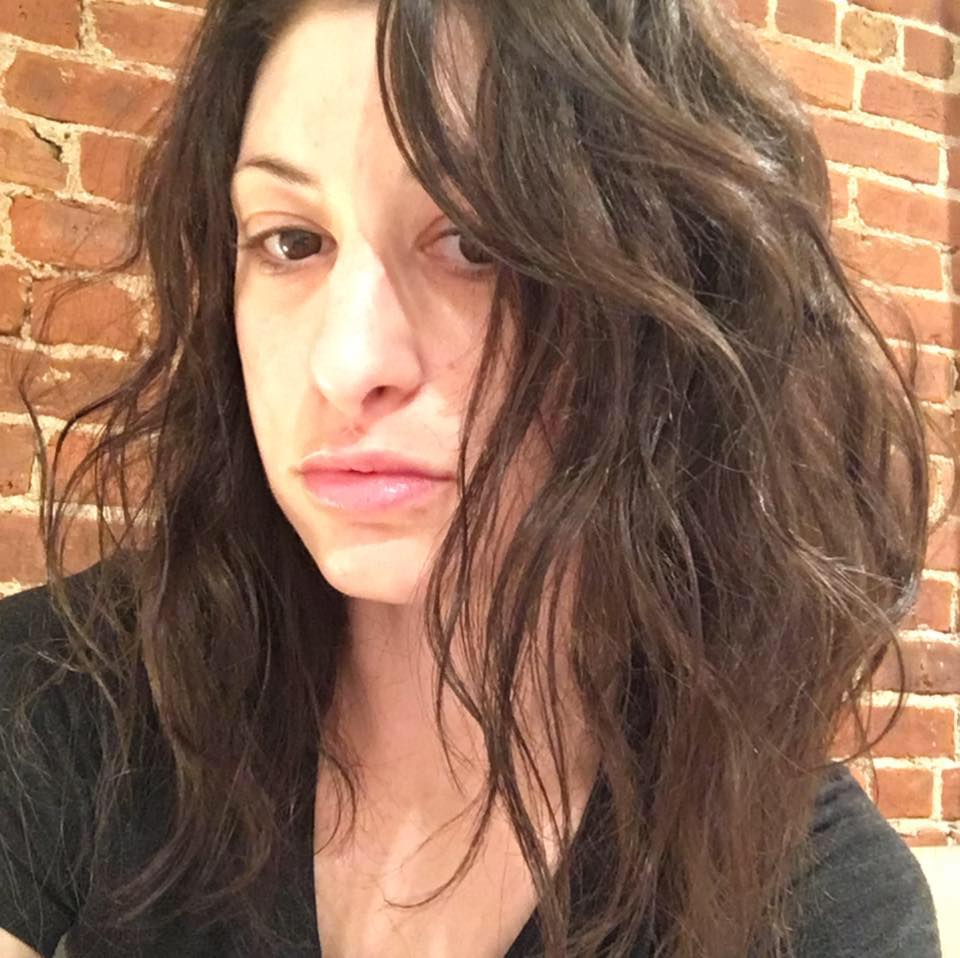 By Tia Vasiliou
By Tia VasiliouFishbowl is a poem about feeling alone, even when the speaker is surrounded by people.
-
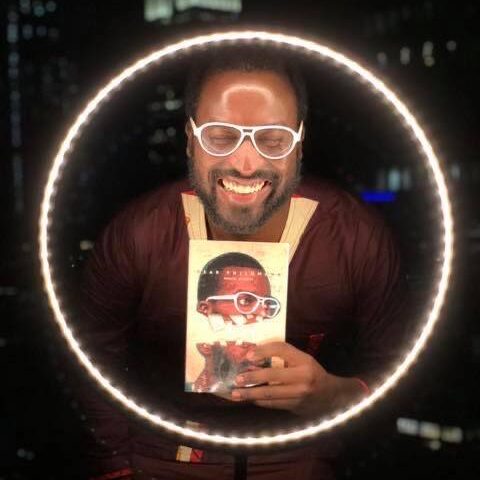 By Allison Stalberg Siebens
By Allison Stalberg SiebensMemoirist and magical realism author Mugabi Byenkya writes for themselves. Or, more accurately, the angsty, confused, Black, Ugandan-Rwandan-Nigerian, disabled, queer, polygender, and neurodivergent little human they used to be and still are.
-
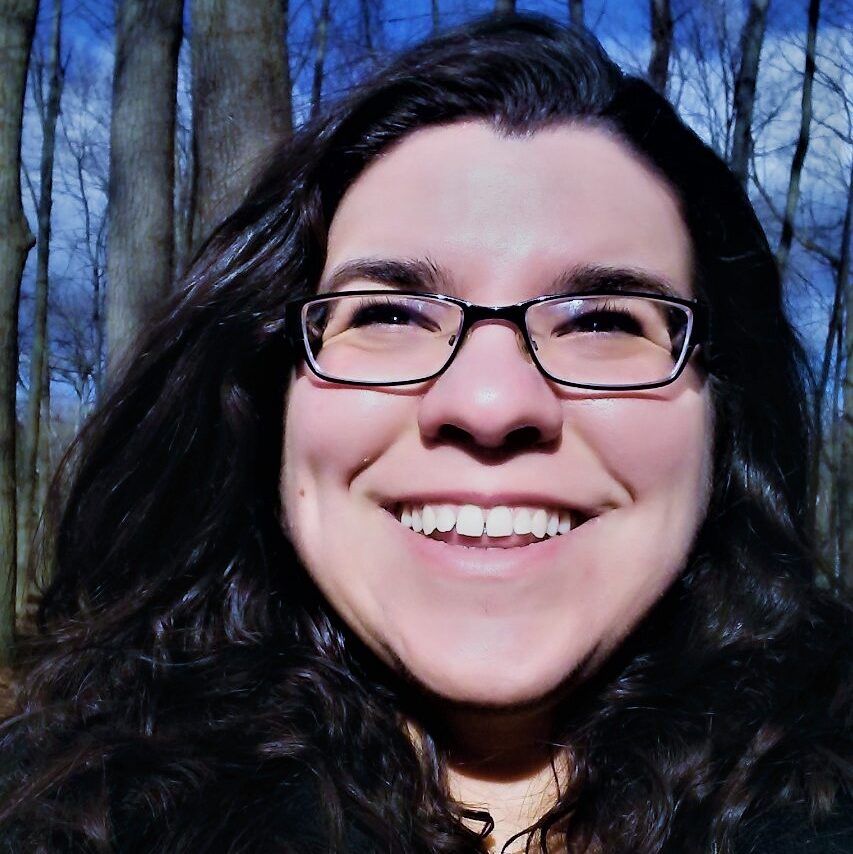 By Allison Stalberg Siebens
By Allison Stalberg SiebensNo one understands why eighty-three-year-old Edna Fisher is the Chosen One, but Edna, armed with only gumption and knitting needles, leaps at the chance to leave the nursing home. We spoke with author E.M. Anderson about The Remarkable Retirement of Edna Fisher, mental health and invisible illness representation, and American white pelicans.
-
 By Allison Stalberg Siebens
By Allison Stalberg SiebensOlive Joshi has messed up big time. When she falls through a portal into her own abandoned story, Olive finds double suns scorching the earth, a brutal prince seeking power, and her heroine missing. We spoke with author Bridgette Dutta Portman about The Coseema Saga, the third book of which is out now.
-
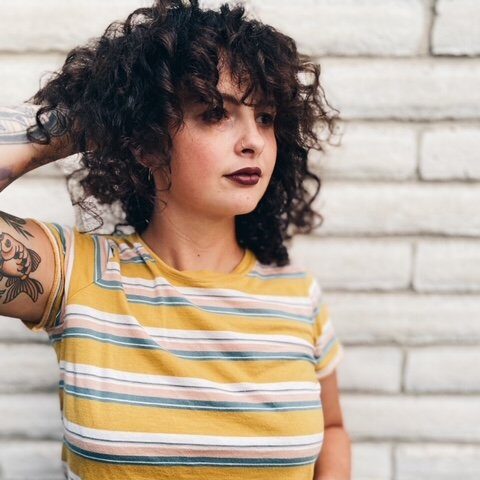 By Allison Stalberg Siebens
By Allison Stalberg SiebensWhen twenty-three-year-old surly (and slightly tipsy) Frankie finds her hag of a grandmother dead on the sofa, her best friend Ben introduces her to the magical underbelly of Aspen Ridge, Utah. We spoke to debut author Camri Kohler about her horrifying urban fantasy novel, Peachy.
-
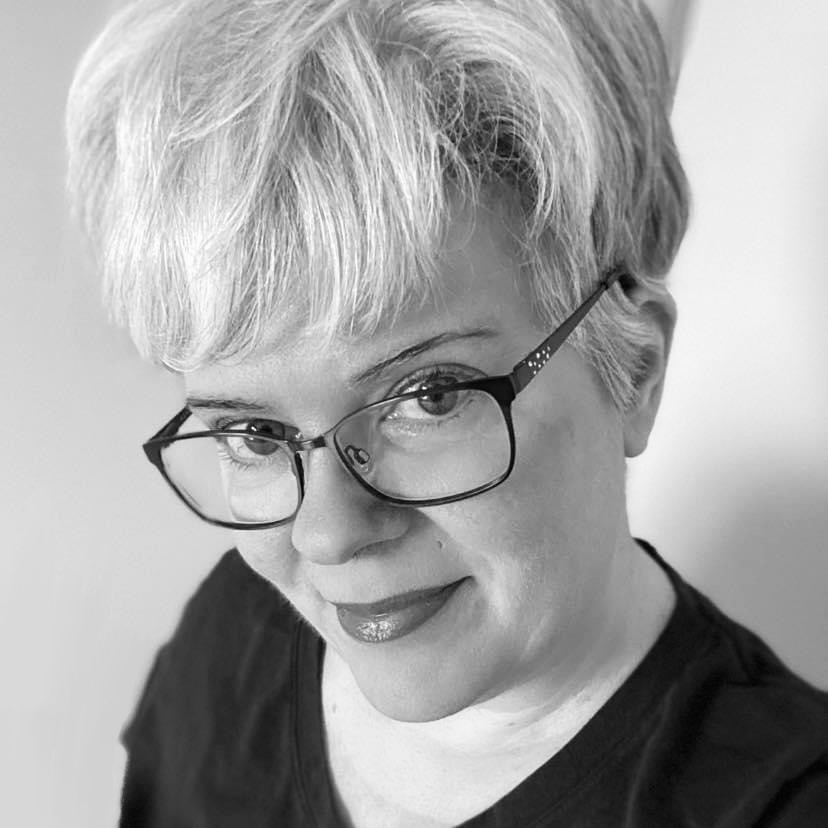 By Cait Gordon
By Cait GordonIt’s the end of the world. Then again, we Spoonies have always been able to adapt. While the non-disabled, richest one percent were hidden underground in bunkers during the catastrophe, a network spearheaded by a disabled woman had secretly gathered to protect the most disregarded of the population.
-
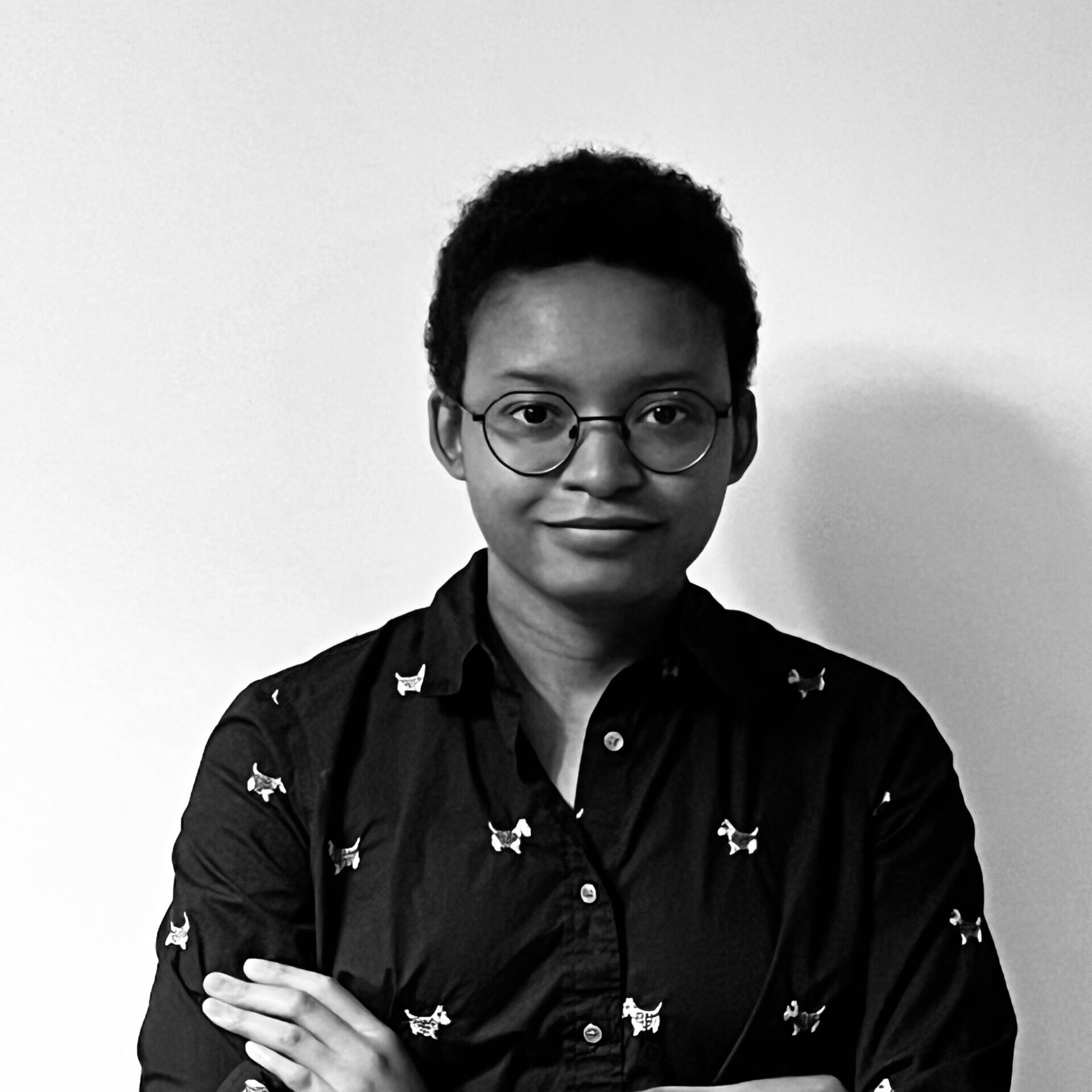 By Sojourner "Hughes" Davidson
By Sojourner "Hughes" DavidsonDoes your anxiety stick to you, like glitter or sand? In their new poem, Staying Sparkly, Sojourner “Hughes” Davidson details their relationship with anxiety and how closely it adheres to their skin, however often they try to wash it away.
-
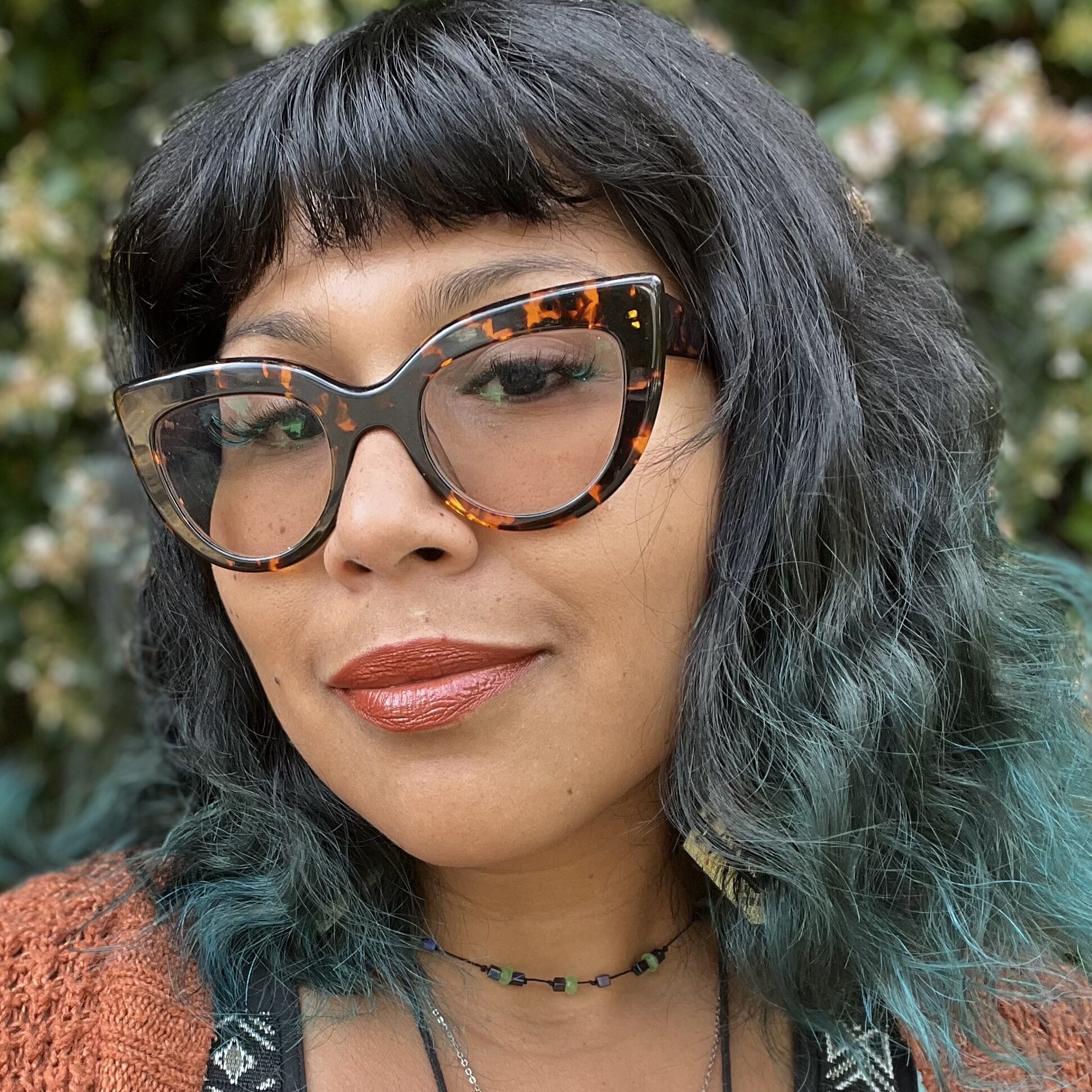 By Clara Olivo
By Clara OlivoSo often, neurodivergent folks have to mask who they are in order to fit in. In her poem Try to Understand, poet and author Clara Olivo touches on how she hid her inner self in order to appear neurotypical, to the point she began to believe it was necessary.
-
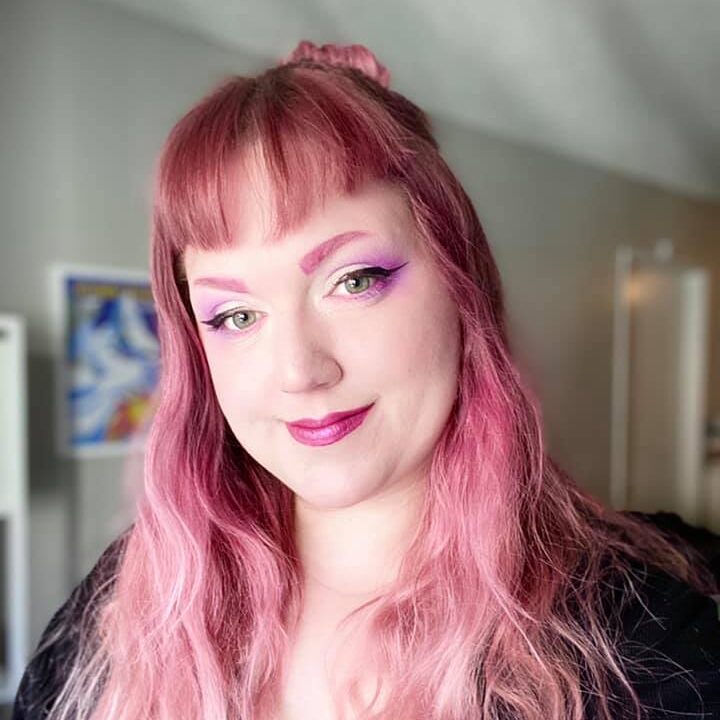 By Amanda Cessor
By Amanda CessorSometimes, all we need is a little help, even if that help comes from an unexpected source. Author Amanda Cessor shares with us a fantastical short story about her very real experience with ADHD, anxiety, and depression.